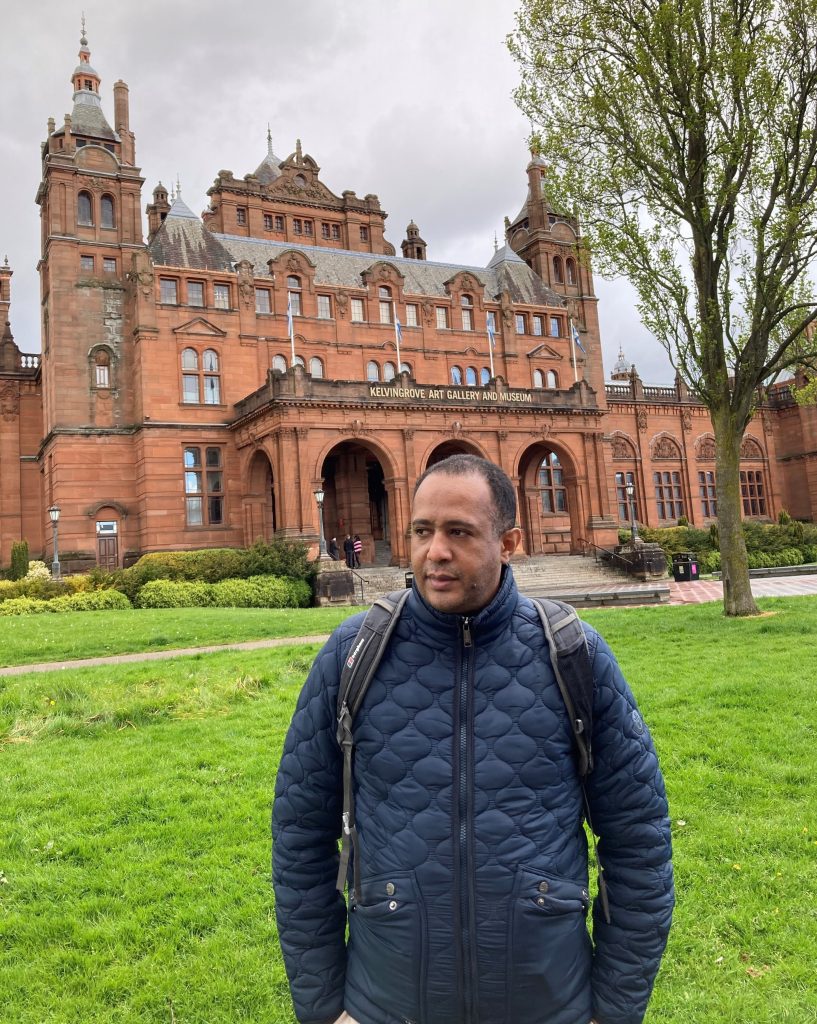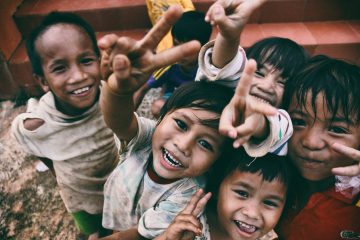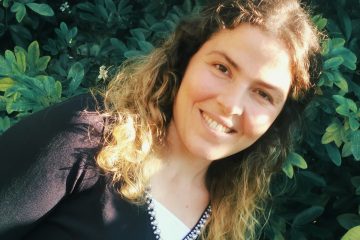Celebrating the contributions of refugees and migrants to the UK society
This International Migrants Day we recognise and celebrate the contributions of refugees and migrants to the UK society.
Alazar, an engineer and activist from Eritrea, was forced to leave his home country and flee to the UK simply for doing the right thing: standing up to injustice.
Back in Eritrea, Alazar was involved in various projects concerning energy and climate change. Everything changed the day he was asked to re-direct money from a carbon fund to government officials. Alazar refused to be an accomplice to government corruption, and instead reported the incident to a third-party verifier organisation.
A few days later, as Alazar was on his way back from work, a car suddenly pulled up in front of him and took him by force. He was taken to an unknown location where he was detained and tortured for 6 months. As soon as he was released, Alazar knew that he had to escape.
His journey to the UK was long and treacherous, crossing borders by foot and overloaded inflatable dinghies, escaping border patrols, and sleeping on the streets. This caused him much trauma and distress, which he struggled to cope with.
Alazar finally arrived in the UK with nothing.
‘Arriving in the UK isn’t the end of that difficult journey. In many ways it’s the beginning. I had a lot of success back home, I was on the top of the mountain and then ended up in the bottom of the valley but I tried to overcome all those challenges. I decided that I had to study, pursue a professional career and change my dreams. I got accepted by 4 universities and was looking for funds. I owe to PoC because they made my dreams come true, because if I hadn’t received that support I wouldn’t have been able and encouraged to move to the next stage, and then the next, which means I would be in a situation of living a life that I don’t deserve to live.’

Thanks to the support of our donors, Alazar was able to complete his MSc in Biomedical Engineering and is now working as a Medical Engineer with the NHS.
‘As a health professional I was giving back and contributing to the people who gave me asylum and the people who gave me a place to live in. In this Covid challenge I was delivering my maximum potential, working extra hours to make sure I am contributing something’.
Alazar identified language, cultural differences and socio-economic status as the main barriers to refugee integration. He believes however that people who have been forced to flee their home country are very resilient and well-equipped to overcome these barriers.
‘People who have been forced to flee their country, have suffered hardship and lived in precarious situations, be it back in their home country or during their journey to reach a safe place, and thus are better equipped to live and coexist with people from different backgrounds. What doesn’t kill you makes you stronger, you become more understanding, you understand people’s pain, you understand people’s problems, you understand taking, you understand giving, you understand being supportive towards others. So the main difficulty is cultural differences but with time you can overcome them.’
Another barrier he identified was the protracted asylum-seeking process in the Home Office. He said it has an impact on mental health, as ‘the delaying process creates a lot of anxiety, stress and aggression’.
Alazar has big dreams, aspirations and a strong sense of social responsibility. He wants to set up his own charity based in Glasgow to support Africa and help bridge the gap between developed and developing countries. He has diversified skills and knowledge in the development and health sectors and believes that investing in someone’s education and health is key for the social and economic development of the society.
‘The ultimate goal is to be free so that’s why PoC and other organisations giving support to these kind of people is very helpful. Even though I am now free, I feel for people who are still facing the same problems.’
Alazar’s story is a great reminder of the potential that comes with human mobility. Refugees and migrants contribute with their knowledge, skills, life experiences and values to building stronger, more resilient and diverse communities. Lifting barriers to inclusion and facilitating integration is key in helping migrants reach their full potential and contribute to the society in meaningful and empowering ways.
Happy Migrants Day to Alazar, and the many refugees and migrants like him, who make the UK a better place to live in!


